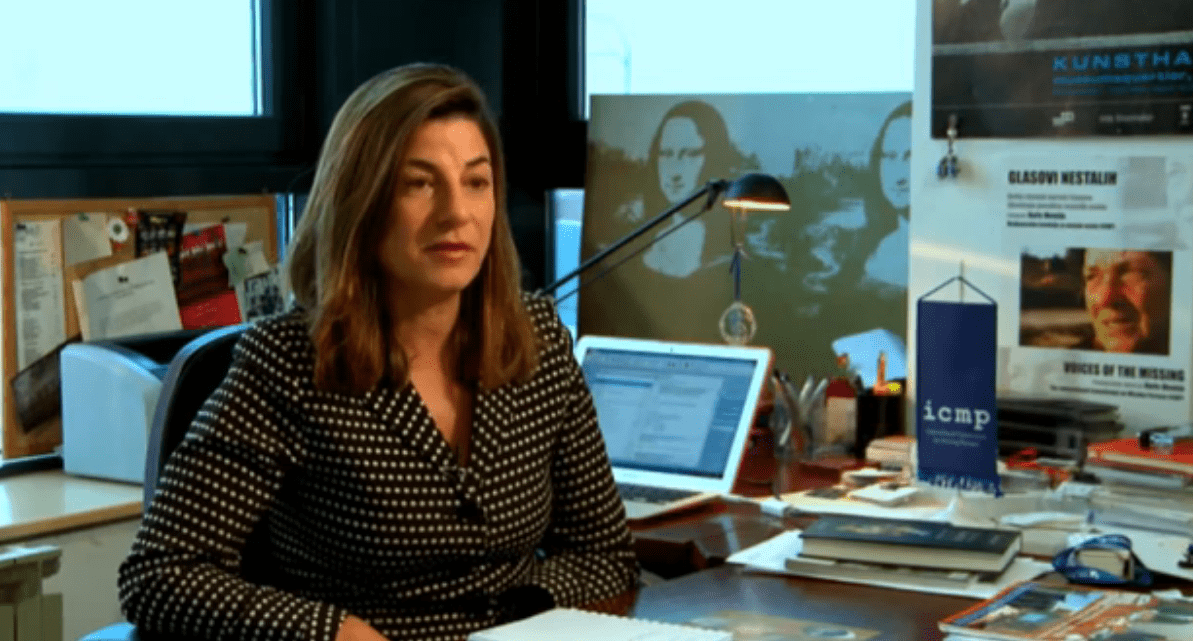This post is also available in: Bosnian
During a meeting held in Sarajevo on December 20 and 21 it was agreed that, in 2014 AIS would focus on educating journalists on how to follow court proceedings, report from trials and speak to traumatised people.
BIRN Director in Bosnia and Herzegovina Anisa Suceska-Vekic explained that the workshops would aim at training journalists on how to better follow the work of judicial institutions in their local communities.
“Considering the large number of war-crimes cases, which will be processed at the entity level, we should make sure that journalists in those communities are trained to follow judicial topics. We must educate them on how to follow the proceedings, insist on being present at hearings, if such possibilities exist, and approach victims,” Suceska-Vekic said.
She revealed that, during 2014 BIRN Bosnia and Herzegovina would produce a film about problems facing victims of sexual violence, adding that it was therefore important for journalists to be trained at workshops on how to follow those complex and sensitive issues.
The meeting participants agreed that, within the next two years the AIS would work on a campaign aimed at raising awareness of problems facing rape victims and the ways of communicating with them.
“This is certainly a challenge for journalists. Each story told by a sexual violence victim is unique. You have to treat each one of them in a unique manner. Each person is different, so it is not easy to work with victims, because so many details are involved. No matter how much you know about it, there is always room for learning new things,” said Erna Mackic, Editor of BIRN BiH and AIS representative.
BH Radio 1 journalist Mirela Hukovic-Hodzic said that sexual violence victims in Bosnia and Herzegovina lived “on existential margins”. “The number of victims of sexual abuse has not yet been determined. Indictments do not even define what rape is, so the situation is really critical. We must make sure that journalists will not traumatise the victims again,” she said.
Summarising the work of the AIS during the past year, AIS members praised a campaign titled “Stop Censoring War Crimes”, which was aimed against the anonymisation of court documents. It was concluded that the campaign was well received in the media and among citizens and that, thanks to the campaign, the Court of Bosnia and Herzegovina had already initiated the revision of the Rulebook.
The meeting participants discussed media reporting about a State Court’s decision to release 10 genocide and war crimes convicts to liberty, which was rendered after the Constitutional Court had quashed their verdicts due to wrong application of law. It was concluded that the media reports about this decision were sensational, while judicial institutions at the state level were too reserved, which led to the lack of understanding among the general public.
It was agreed that, during 2014 the AIS would hold meetings with representatives of the Court and Prosecution of Bosnia and Herzegovina with the aim of improving collaboration.
AIS members from local communities presented the problems they faced while working with judicial representatives over the course of the last year. It was concluded that courts in Brcko District, Travnik and Livno were rather closed towards media inquiries, while co-operation with judicial institutions in Tuzla and Bijeljina was praised.

